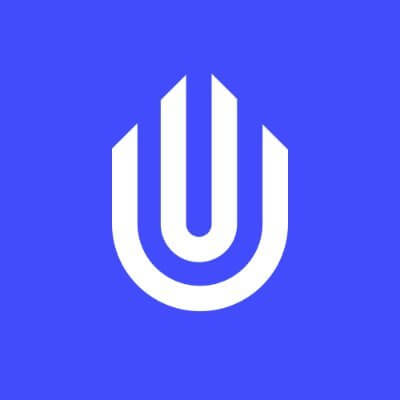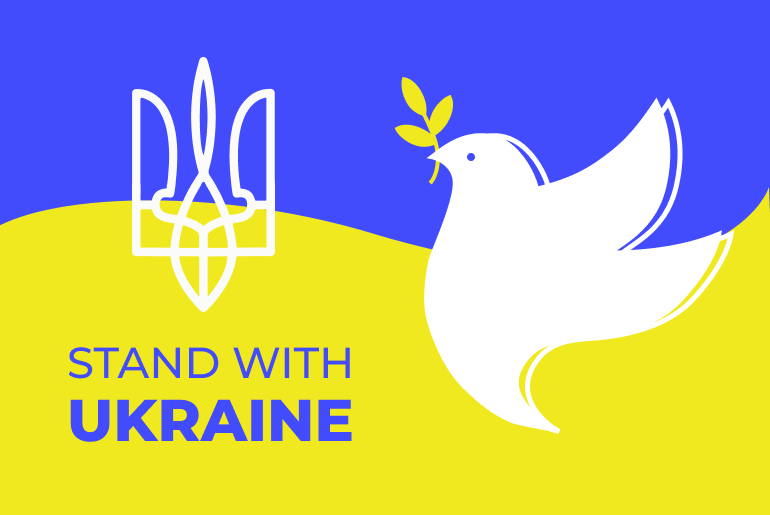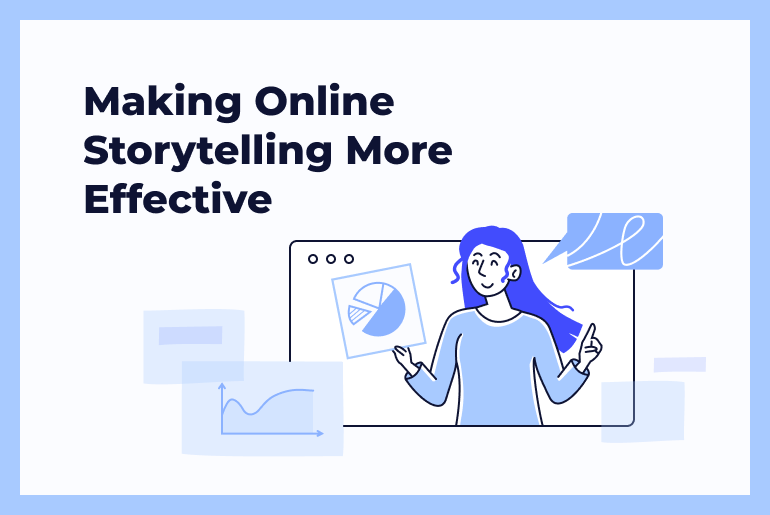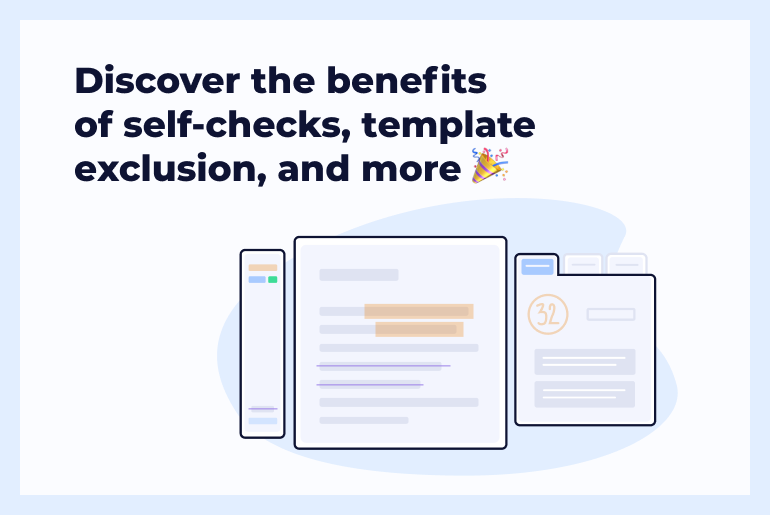What if students worldwide could have equal opportunities to obtain their degrees without paying huge fees? This would definitely help them qualify for good jobs and avoid massive loan debts.
The good news is this type of tuition-free institution does exist, and their ever-growing student enrolment proves the value of knowledge and skills they provide.
“University of the People is on a mission to give any qualified applicant an opportunity to obtain high-quality higher education,” explains Mr. Asaf Wolff, Senior Vice President for Enrolment. “In order to achieve this, we want to reach all those who need us and spread the word about UoPeople.”
Founded by Mr. Shai Reshef back in 2009, University of the People (UoPeople) opened its virtual doors to online degree seekers, offering higher education and tuition-free learning in a supportive, collaborative setting.
Their pedagogy is based on peer-to-peer learning, so students contribute feedback on one another’s work. Unicheck has long been a part of this learning process, offering similarity detection capacities pro-bono.
Let’s find out more about UoPeople’s online programs and how they benefit from Unicheck learning remotely all year round.
UoPeople’s Academic Programs and Online Degrees
Since 2009, UoPeople has seen many significant transformations. It all started with 177 students from 49 countries, and now serves more than 57,000 learners from more than 200 territories.
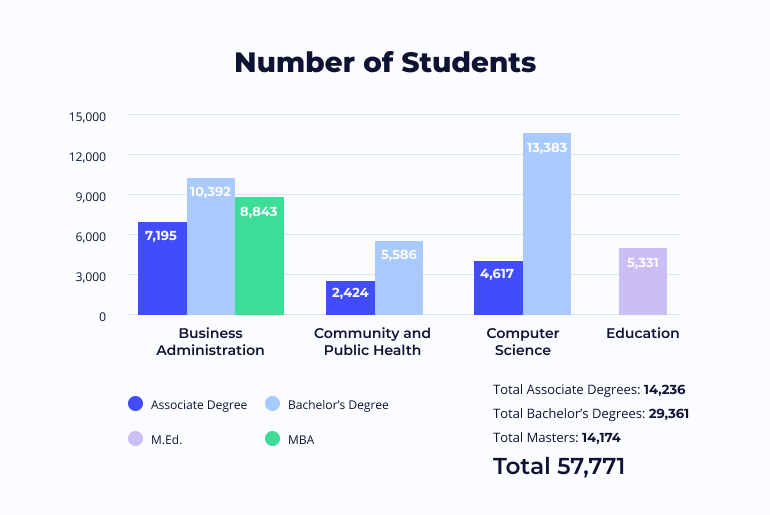 UoPeople is an innovative educational project with its own unique pedagogy. Fundamental to the UoPeople method is peer-to-peer learning and assessment. Students engage in peer review groups and forums and within an asynchronous learning model. That means that they do not have to attend live lectures, but can complete each weekly assignment at the time that works best for them, whether they are working full-time or raising a family.
UoPeople is an innovative educational project with its own unique pedagogy. Fundamental to the UoPeople method is peer-to-peer learning and assessment. Students engage in peer review groups and forums and within an asynchronous learning model. That means that they do not have to attend live lectures, but can complete each weekly assignment at the time that works best for them, whether they are working full-time or raising a family.
Initially, UoPeople offered academic programs in business administration and computer science. Later, after examining the labour market demand, they extended the list by adding programs in health science and education.
All learning materials, textbooks, as well as the educational process itself, are completely tuition-free. The only fees are for assessment at the conclusion of each course: $120 for each undergraduate assessment and $240 for each graduate assessment.
Why Have the Academic Integrity Challenges Emerged?
All the efforts to create a supportive, student-centered learning environment paid off. But as enrollment increased by a factor of 70 after accreditation by the Distance Education Accrediting Commission in 2014, another problem surfaced.
“Plagiarism was one of the major complaints we received from our students. They requested that we catch all those who cheat,” says Mr. Asaf Wolff. “We came across plagiarism checkers that were either not performing well enough or having excellent functionality, but not being able to scale. So, Unicheck turned out to be a perfect balance. It enabled us to continue to provide tuition-free education and ensure that students avoid plagiarism.”
The growth in applicant numbers required a scalable solution, so UoPeople was searching for providers capable of handling high loads.
“We were struggling with a volume of students in our LMS. The system load is very big. So, one of the reasons Unicheck is with us—the system capacities Unicheck has and the attention we receive,” Mr. Asaf Wolff points out.
Taking Advantage of Unicheck Inside Moodle LMS
Being an instructor at UoPeople is a volunteer position. Instructors often have full-time employment with other universities or organizations. So, having a single checker within Moodle to scan classes, see the sources used and the percentage of matches, click on each link, and review it is hugely beneficial.
With Unicheck at hand, the UoPeople instructors don’t have to check Course Hero manually all the time (once the work based on some Course Hero resources gets added to the institution’s repository, Unicheck will be able to scan it) or Google to see what pops up.
The similarity report can show matches with a library (institution’s repository) and the internet, whereas a side-by-side comparison allows examining similar text passages in more detail.
Having the ability to exclude sources helps enormously when it’s a reference page or when some students copy-paste the instructions for an assignment.
For students, having a checker ensures that they don’t miss anything by scanning their papers prior to final submission. They can make sure their material isn’t tied to a library source. Otherwise, it would have a lot of false positives. Most importantly, using a plagiarism prevention tool makes what they produce more valuable, creating equal opportunities for learning.
Provided pro-bono, Unicheck is helping UoPeople increase originality levels and promote fair grading.


